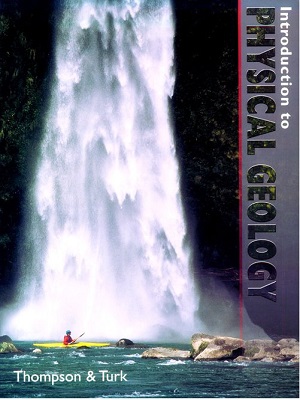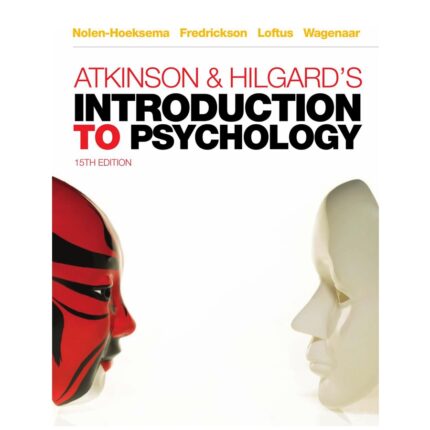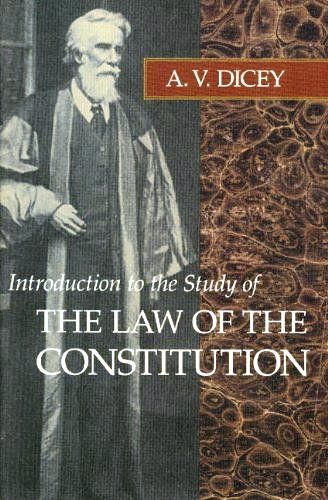Introduction to Mass Communication By VU
Introduction to Mass Communication By VU. Communication – sending of a message from one person to another, in simplest terms - has been one of the oldest characteristics of human life. Even when formal languages were not available, people were able to make each other understand their feelings and gestures to accomplish routine tasks. There is no trace available as when the languages came into being, the communication among people, however, got on faster track than before with the availability of formal languages in the form of symbols, gestures, body expressions and words. Since those times the communication has been shaping into different forms and is supposed to be the key element in creation of different subjects and passing on experiences of one generation onto the next.
Introduction to Organic Chemistry By Jhon Tappan
INTRODUCTION TO ORGANIC CHEMISTRY Organic chemistry is the chemistry of the compounds of carbon. Although the fundamental laws and theories of chemistry are as applicable to these compounds as to all others, there are several reasons for their separate treatment. In the first place, the number of compounds that contain carbon is extraordinarily large. The only other elements that enter into the composition of any very large number of substances are hydrogen and oxygen; and we shall see that hydrogen and oxygen are quite usually associated with carbon in the organic compounds.
Introduction to Organic Chemistry Notes
Organic chemistry is the study of carbon containing compounds and their properties. This includes the great majority of chemical compounds on the planet, but some substances such as carbonates and oxides of carbon are considered to be inorganic substances even though they contain carbon.
Organic chemicals are continually released into the environment in large quantities. For example, global production of mineral oil exceeds 3 billion tonnes a year and the amount of new organic chemicals made each year in research laboratories and industry is increasing exponentially. There is a need to understand how these organic molecules will interact with the environment in order to minimise their impact. To achieve this the type of reactions that organic molecules undergo needs to be understood.
Introduction to Partial Differential Equations By John Douglas Moore
Partial differential equations are often used to construct models of the most basic theories underlying physics and engineering. For example, the system of partial differential equations known as Maxwell’s equations can be written on the back of a post card, yet from these equations one can derive the entire theory of electricity and magnetism, including light.
Our goal here is to develop the most basic ideas from the theory of partial differential equations, and apply them to the simplest models arising from physics.
Introduction to Physical Geology | By Graham R. Thompson
Introduction to Physical Geology | By Graham R. Thompson .Written for an introductory one-semester geology course, this text is a brief version of Thompson/Turk's MODERN PHYSICAL GEOLOGY. Thompson/Turk's brief text offers professors a more streamlined alternative to the longer, more detailed introductory text. INTRODUCTION TO PHYSICAL GEOLOGY emphasizes human-environment interactions and discusses the latest research in physical geology. Beautiful illustrations and clear writing style set this text apart from other geology texts.
Introduction to Sociology -Wiki Book Version 2006
Introduction to Sociology By Arthur Fairbanks
Introduction to Software Architecture
1 Introduction What is software architecture? There is no standard, universally-accepted definition of the term, for software architecture is a field in its infancy, although its roots run deep in software engineering. 1.1 What is a Software Architecture An architecture is set of significant decisions about the organization of a software system, selection of the structural elements and their interfaces by which the system is composed, behavior of the structural elements as specified in the collaborations among those elements, composition of these structural and behavioral elements into progressively larger subsystems, architectural style that guides this organization (i.e. these elements and their interfaces,
Introduction to the Study of the Law of the Constitution By Albert V. Dicey
Introduction to the Study of the Law of the Constitution By Albert V. DiceyThe revision consists mainly in the re-arrangement of the subject-matter. The division into lectures has been abandoned. The first lecture appears as what in its nature it really is — an introduction to the main thesis of the book. The rest of the treatise is distributed into parts and chapters. The parts correspond with and bring into prominence the three leading branches of the work ; each of the chapters is devoted to some special but subordinate topic, such, for example, as the right to personal freedom, or the contrast between French droit administratif and the rule of law prevailing in England
Introduction to Zoology By Hegner, Robert William
Introduction to Zoology By Hegner, Robert William
THE science of Biology includes the sum of human knowledge with regard to organisms. That branch of biology which deals with animals is known as Zoology; that which relates to plants, as Botany. Zoology may be defined as the body of facts and doctrines derived from the scientific study of animals. Scientific study demands accurate and painstaking observation carried on with some definite end in view. The scientific study of zoology attempts to gain an understanding of the structure and activities of animals.























